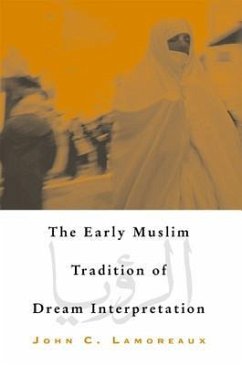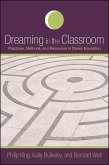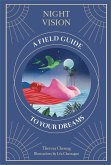Reportedly, the prophet Muhammad told his followers that after he was gone prophecy would come only through "true dreams." Based on this and other statements, early Muslims created what might be called a theology of dreams. Dreams were regarded as an important means used by God to guide the faithful, especially after the cessation of Koranic revelation. However, since these dreams were often symbolic, they required interpretation, and early Muslims wrote numerous manuals dedicated to deciphering their meaning. Utilizing manuscripts preserved in Middle Eastern mosques and libraries, this book offers the first comprehensive account of the early Muslim tradition of dream interpretation. In addition to describing how and when the tradition developed, author John C. Lamoreaux discusses the social context in which dream interpretation arose and its role in the intellectual life of the time. He demonstrates that early Muslims considered dream interpretation a fully orthodox theological discipline, one sanctioned both by the Koran and the example of the prophet Muhammad.
Hinweis: Dieser Artikel kann nur an eine deutsche Lieferadresse ausgeliefert werden.
Hinweis: Dieser Artikel kann nur an eine deutsche Lieferadresse ausgeliefert werden.








